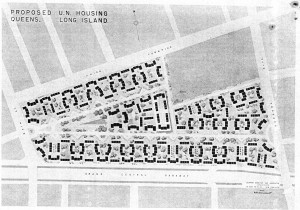2017 marks the 70th anniversary of the Magnum Photo Agency, founded by photography greats Robert Capa, Henri Cartier Bresson, David Seymour, George Rodger, William Vandervirt, and others right after World War II. Legend has it that Magnum was named after the magnum of champagne they drank to celebrate the agency, but with Capa one’s never sure. At the time, the photographers ‘divided’ up the world–Capa was somewhat ‘at large’ and Cartier-Bresson took Asia. The result is on display at the Rubin Museum in a rich show of his images of India at some truly key historic moments. Capa always told Cartier Bresson: “Stop calling yourself an artist. Say you’re a photojournalist.”
Surely these images reflect both: A fusion of exquisite sensitivity and composition, coupled with his keen sense of the historical moment: Henri Cartier-Bresson: India in Full Frame.




